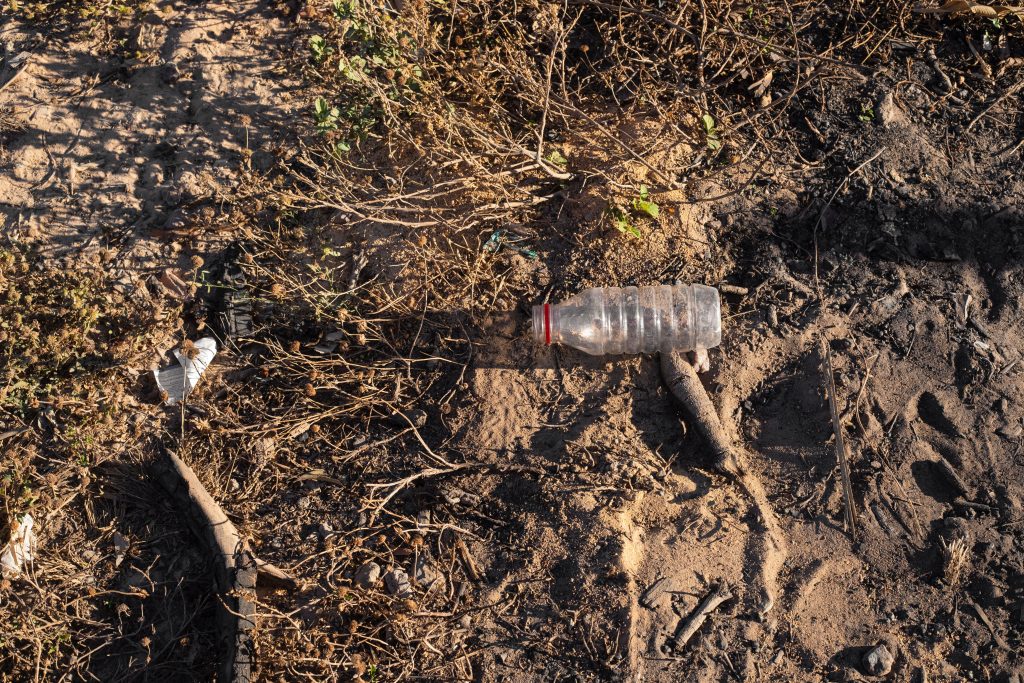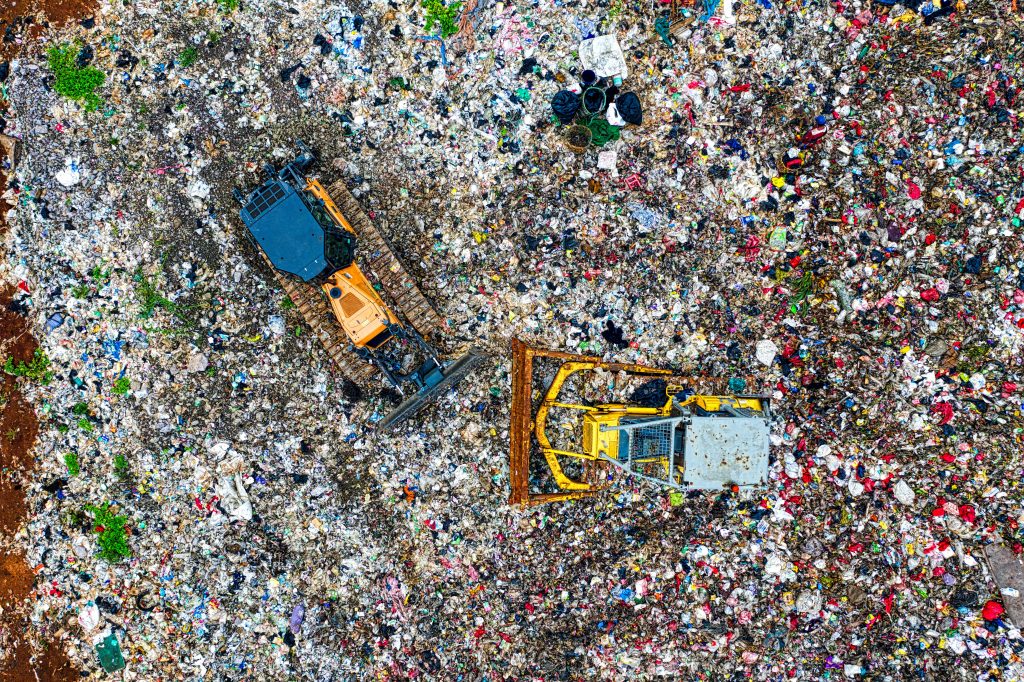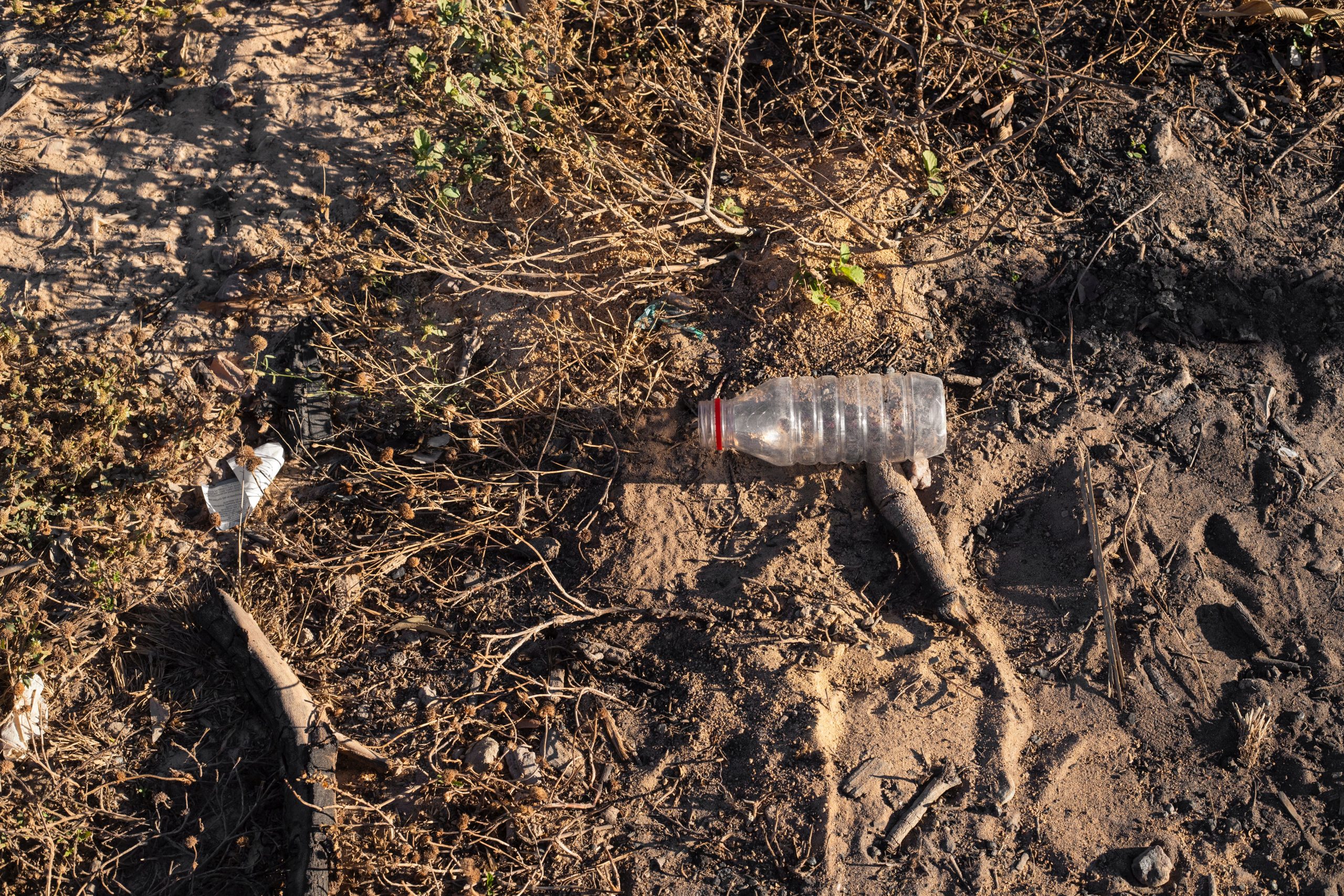Don't miss our holiday offer - 20% OFF!

Read also : Optimizing Energy and Resource Usage in the Office Environment with Smart Technology
In the effort to protect and preserve the environment, waste sensor technology has emerged as an unexpected hero. These sensors have transformed the way the Environmental Agency operates, enabling more accurate and efficient environmental monitoring. This article delves deeper into how waste sensors work and how this technology has changed the paradigm in the tasks of the environmental agency.
How Waste Sensors Work

Waste sensors detect and measure parameters in waste, including waste bin fill levels, temperature, humidity, and toxic gases. Data is collected and sent through an IoT network to a monitoring center. From there, this data is analyzed to provide valuable information to the Environmental Agency.
Benefits of Waste Sensors

Read also : Benefits of Door and Window Sensors for Smart Buildings
The utilization of waste sensors brings several significant benefits. Firstly, they enable more efficient waste management. With real-time monitoring of waste bin fill levels, organizations optimize waste collection, reduce losses from overflow, and detect potential issues, reducing the risk of pollution and public health concerns.
Conclusion
Waste sensors are a crucial milestone in the transformation of the Environmental Agency toward smarter and more effective environmental management. They not only help reduce negative environmental impacts but also save resources and operational costs. The integrated environmental monitoring enabled by waste sensors is a progressive step in efforts to create a cleaner, safer, and more sustainable environment. With the widespread adoption of this technology, the future of environmental preservation appears brighter.





